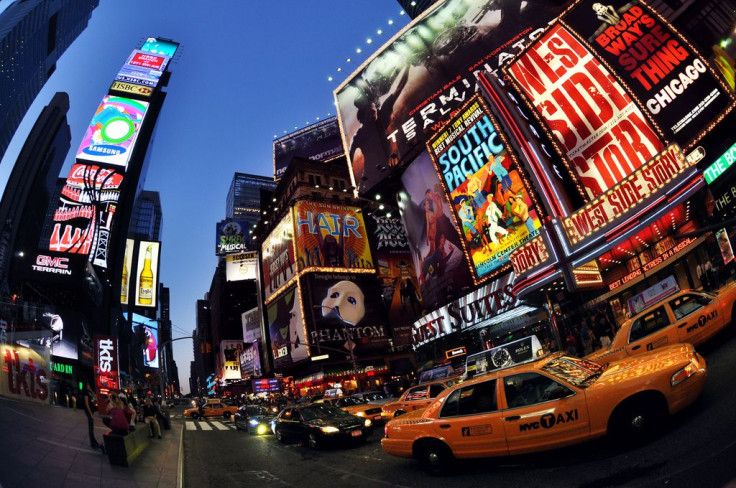NYC Dept. Of Health And Mental Hygiene Finds 1 In 5 New Yorkers Has Mental Health Problems

NEW YORK (Reuters) - At least one in five adult New Yorkers suffer from depression, substance abuse, suicidal thoughts or other psychological disorders every year, according to a report released on Thursday ahead of Mayor Bill de Blaiso's new mental-health initiative.
New York City's Department of Health and Mental Hygiene expects to release the plan, known as NYC Thrive, by the end of next month. It is aimed at preventing and treating psychological disorders among the city's 8.4 million residents.
The "white paper" released Thursday outlines the size and scope of the problem facing the New York City.
"We have a set of public health issues that affect many people and affect them very deeply," said Dr. Gary Belkin, a deputy commissioner of the health department. "We know what we're going to be doing, and over the coming weeks you're going to be hearing about it."
Officials have said little about what NYC Thrive would involve or how much it would cost.
In August, de Blasio's wife, Chirlane McCray, told Crain's New York that the mayor's office would devote $386 million to mental health over the next three years.
McCray, who worked for five years as a spokeswoman for Maimonides Medical Center in Brooklyn before de Blasio was elected, has been the leading advocate in his administration for mental health awareness.
McCray has been open about how mental health issues have touched her own family. She has discussed her parents' struggles with depression and the past substance abuse of her daughter, Chiara.
Some 8 percent of adults in New York City experience symptoms of depression each year, according to the report. The same percentage of the city's high school students say they have attempted suicide.
Poor and minority residents are disproportionately affected by mental illnesses and are more likely than white residents to be misdiagnosed or untreated, according to the report.
The number of residents experiencing psychological disorders such as depression has held steady in recent years, it finds. But mental health problems arising from drug and alcohol abuse have risen.
Opioid-related overdoses increased in New York City in recent years, Belkin said, paralleling a national trend. Synthetic marijuana, often called spice or K2, is also leading to more deaths and psychotic episodes in the city, he said.
One of the goals of NYC Thrive is to establish a more comprehensive system to track mental health in children and adults, city officials said.
(Editing by Frank McGurty and Leslie Adler)



























